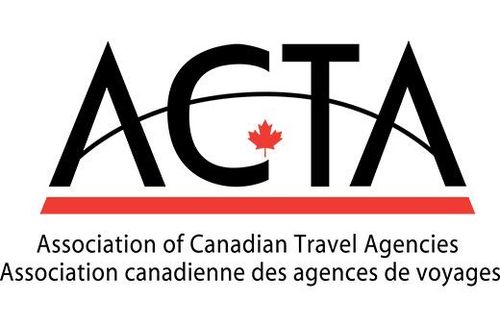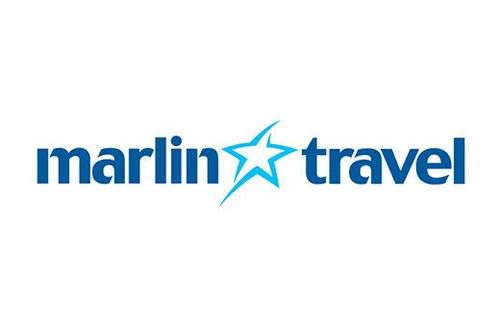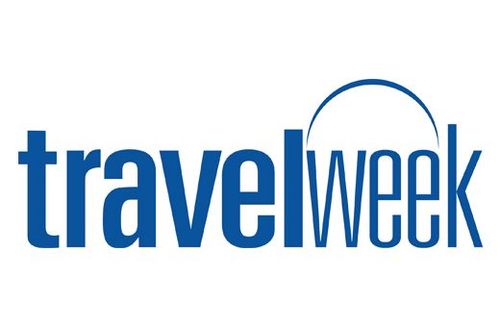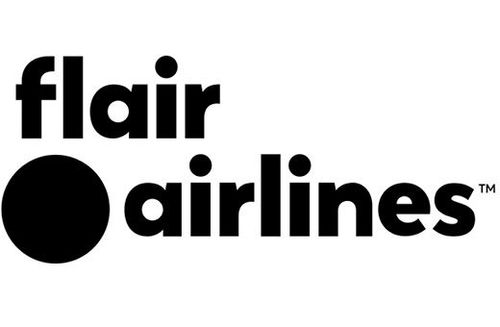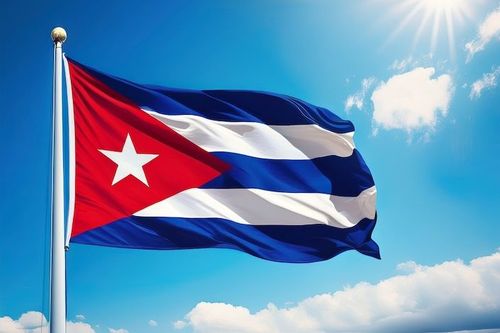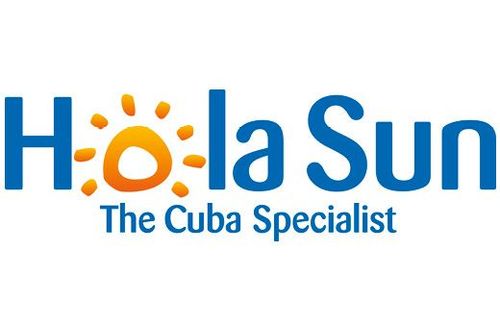Where travel agents earn, learn and save!
News / Government aid programs helpful but more assistance needed, says ACTA
ACTA is speaking out in favour of recent changes to the federal government’s financial aid programs

October 19 - ACTA is speaking out in favour of recent changes to the federal government’s financial aid programs, however it says more help is needed.
ACTA has had daily interaction with the federal government, and spent months lobbying for financial support for the retail travel industry, amid the COVID-19 pandemic.
Earlier this month the Canadian government announced a revised rent relief program and an extension for the wage subsidy program.
While the changes are welcome, the assistance isn’t at the level it needs to be to help the retail travel sector says ACTA President, Wendy Paradis.
“We are pleased to see that some of our recommendations have been heard,” said Paradis. “However, our work will continue as this falls short of what is needed to save the travel industry while travel restrictions remain in place.”
Here’s a look at the programs and the changes:
Canada Emergency Wage Subsidy (CEWS)
CEWS has been extended to June 2021. There is now a sliding scale in effect up to Dec. 19, 2020. ACTA notes: “At this time, the government has not provided any additional information on what the rates will be after December 19 through to June 2021.” ACTA says it will continue to lobby for a minimum 85% wage subsidy.
Canada Emergency Rent Subsidy (CERS)
ACTA says it is “very pleased” the federal government has listened and made the rent subsidy available directly to tenants – extending it to June 2021. The CERS program will cover up to 65% of rent or mortgage interest payments for businesses with a revenue decline of 70% or more.The government also announced a top-up to CERS of 25% for organizations temporarily shut down by a mandatory public health order, in addition to the 65% subsidy.
ACTA says it will continue to tell the government travel agencies should also be eligible for the top up because, while they may not be subject to public health orders, they have literally been shuttered since March due to mandatory closed borders, travel advisories and 14-day quarantines, which currently remain in place. ACTA also has asked that the program be made available retroactively.
Canada Emergency Business Account (CEBA)
The federal government is expanding CEBA to allow businesses to access an interest-free loan of $20,000 in addition to the original $40,000 CEBA loan. Half of this additional financing would be forgivable if repaid by December 31, 2022. The deadline for CEBA is being extended to December 31, 2020.
Regional Relief Recovery Fund (RRRF)
The government announced an additional $600 million to support businesses through the RRRF. The Fund was established to be delivered through Canada’s Regional Development Agencies (RDA) (ic.gc.ca). It is intended for small and medium size businesses.
Canada Recovery Benefit (CRB)
The new CRB provides $500 per week for up to 26 weeks, to workers who have stopped working or had their employment/self-employment income reduced by at least 50% due to COVID-19, and who are not eligible for Employment Insurance (EI).The CRA is providing a simple application process for the CRB through its My Account portal, that opened October 12, 2020, and includes new features:
• Shorter eligibility periods of two weeks
• Retroactive periods, meaning that people will be required to apply after the two-week period has ended
• A 10% tax withholding at source
• A 3 – 5 day window to receive direct deposit, and a 10 – 12 day window for cheque by mail
Source: Travelweek
More Travel News:
Canada-U.S. border closure extended to November 21
Cuba adapts to the “new normal” and announces the re-opening of international tourism in most of the country
IATA welcomes US military report on low risk of catching COVID-19 on a flight
WTTC to establish global Steering Committee to revive international travel



